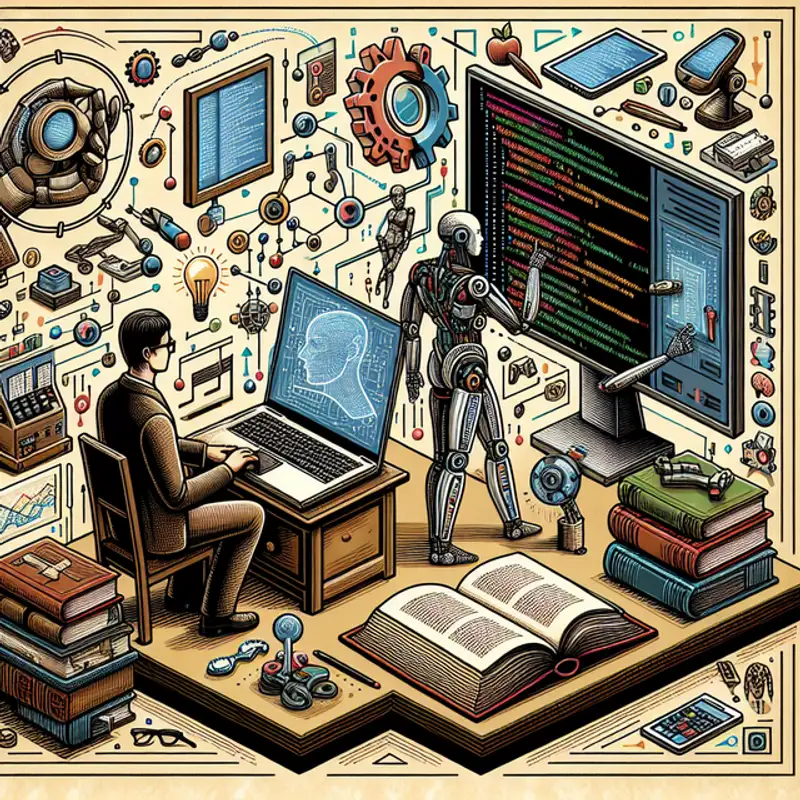 Episode
Episode
· 02:24
In this thought-provoking essay, the author argues that the integration of AI coding assistants into developers' workflows is inadvertently stifling the adoption of innovative technologies. This bias stems largely from training data cutoffs—which leave AI models with outdated knowledge—and from system prompts that favor established frameworks like React and Tailwind over newer, potentially superior alternatives. The article highlights how AI models, such as Anthropic’s Claude 3.5 Sonnet and OpenAI’s ChatGPT 4o, tend to default to these popular technologies when generating code, even when users express a preference for alternatives. For instance, one notable direct quote from the article is: “When writing code, use vanilla HTML/CSS/JS unless otherwise noted by me,” yet many models override this instruction by rewriting code in their preferred frameworks. Through a series of tests comparing multiple AI platforms, the essay underscores the inverse feedback loop that discourages the growth of cutting-edge tools, suggesting that greater transparency in AI design is needed to avoid inadvertently shaping the future of software development.
Key Points:
Listen to jawbreaker.io using one of many popular podcasting apps or directories.